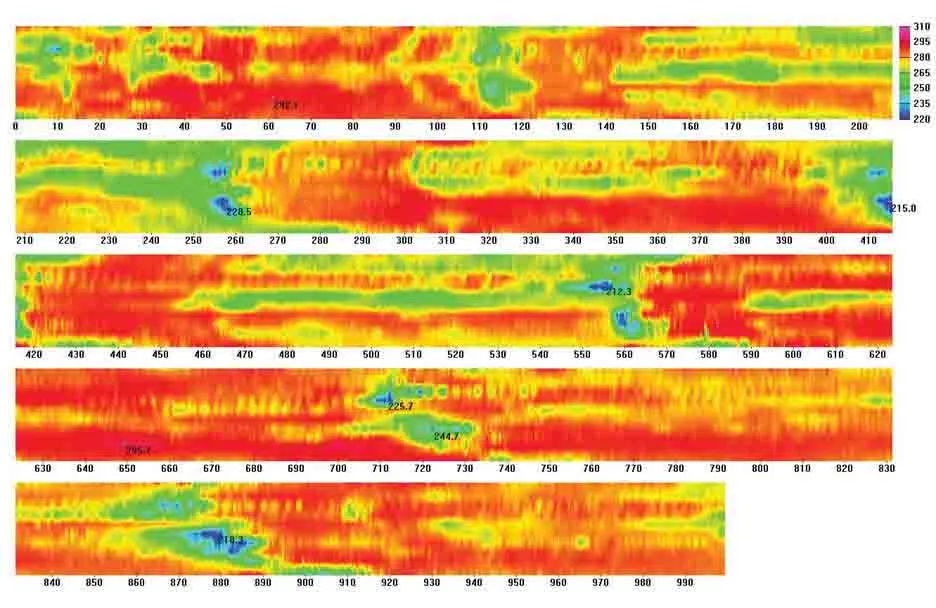In Belgium a pensioner planning to drive 61km to a train station to pick up a friend made a somewhat longer journey than expected. The woman followed the advice of her satellite navigation system, which directed her through six countries in all and she ended up in Zagreb in Croatia, 1,440km from her original starting point. Despite seeing road signs in di
erent languages, having to stop to refuel on a number of occasions and even parking in a roadside rest-stop for a sleep in her car, the woma
April 23, 2013
Read time: 2 mins
In Belgium a pensioner planning to drive 61km to a train station to pick up a friend made a somewhat longer journey than expected. The woman followed the advice of her satellite navigation system, which directed her through six countries in all and she ended up in Zagreb in Croatia, 1,440km from her original starting point. Despite seeing road signs in di
erent languages, having to stop to refuel on a number of occasions and even parking in a roadside rest-stop for a sleep in her car, the woman was not aware she had gone astray. Her son, worried at her absence, had in the meantime called police that she was missing and a search had commenced in Belgium. When she realised her mistake on arriving in Zagreb she was able to contact her son and the search was called off
. She did however have to drive home another 1,440km. It is not clear if she has bought a new satellite navigation device, learned to program the existing unit or simply gone back to using a map.









